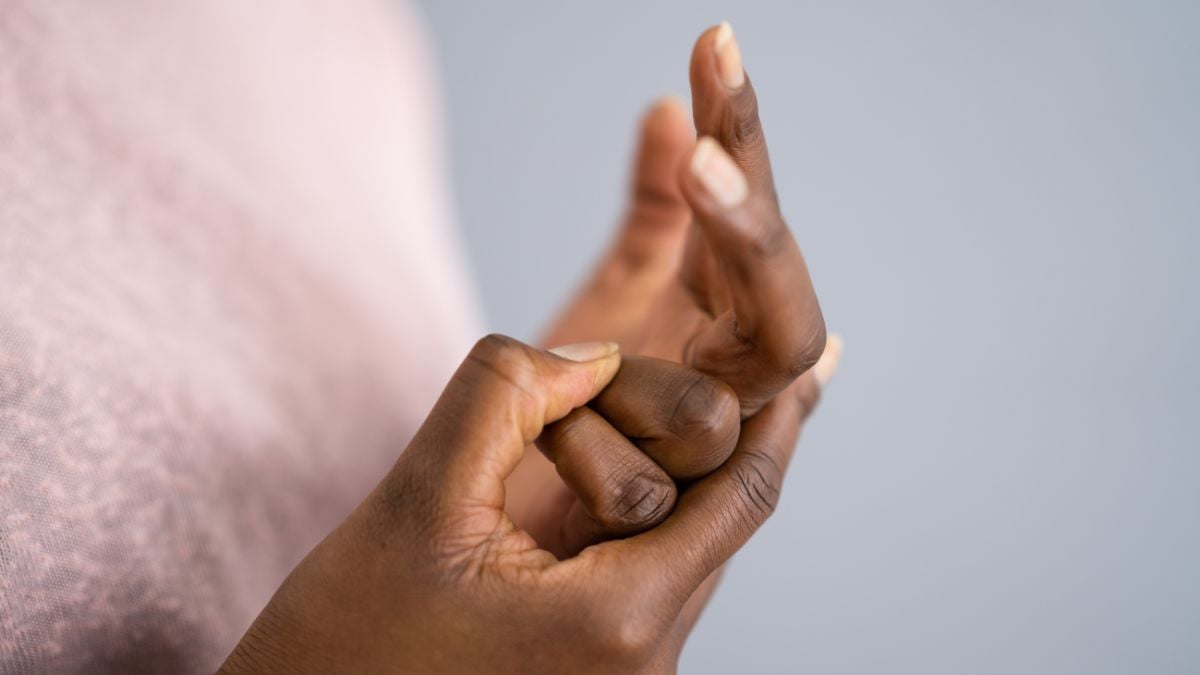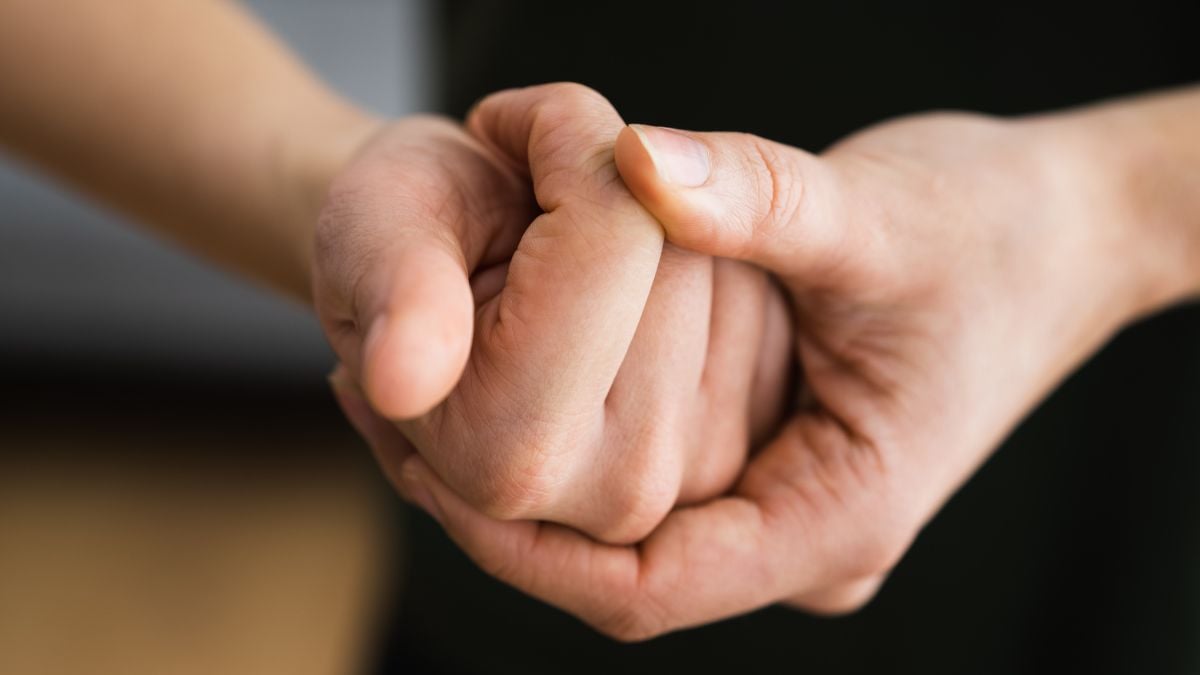A million medical rumors bounce around playgrounds and even classrooms as we age, and many dig their way into our memories and never let go.
Common childhood myths claim that swallowed gum will stay in your guts for years, that shaved hair grows back thicker and darker, or that swimming after eating causes cramping. These myths and many more work to keep children in line, but they also instill in us false impressions that often stick around for life.
The potential for developing arthritis due to cracking one’s knuckles is among the laundry list of weird facts and common childhood warnings, but many kids do it anyway. This often stretches into adulthood, which — if true — would lead to sky-high instances of arthritis among knuckle-cracking youths. But just how much truth is behind this age-old claim?
How bad is cracking your knuckles, really?

I’m not going to sit here and advocate for cracking your knuckles — or any part of your body, really — but the dangers of doing so aren’t nearly so bad as our parents led us to believe. I was among many young people raised to believe that arthritis was a guarantee in my future, due to my habit of cracking my knuckles, neck, and back every few hours.
As it turns out, that assertion isn’t true at all. While it’s not necessarily healthy to crack your joints all the time, arthritis isn’t likely to result from your bad habit. You can still injure yourself while taking part in the practice, however, and over time you’ll likely damage your hand strength.
That’s largely because cracking your knuckles isn’t actually affecting your bones. The popping sound we hear and feel as a result of the practice is actually due to something called “synovial fluid.” It’s the fluid that helps lubricate our joints, and the sounds we hear when we manipulate our digits are caused by bubbles bursting within this fluid.
Habitual knuckle cracking isn’t likely to cause arthritis, but it can lead to “reduced grip strength,” according to Harvard Health. There have also been injuries associated with attempting to crack one’s knuckles, which can ultimately lead to far more frequent discomfort in the hands. We use our hands every day, to do most everything we take on, so keeping them nice and healthy — and with a strong grip — is vital. If only for that reason (and not the people you’re likely irritating with all those pops) it’s worth ditching the knuckle cracking habit as soon as you can.

